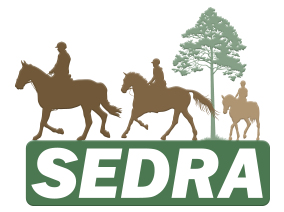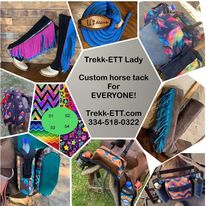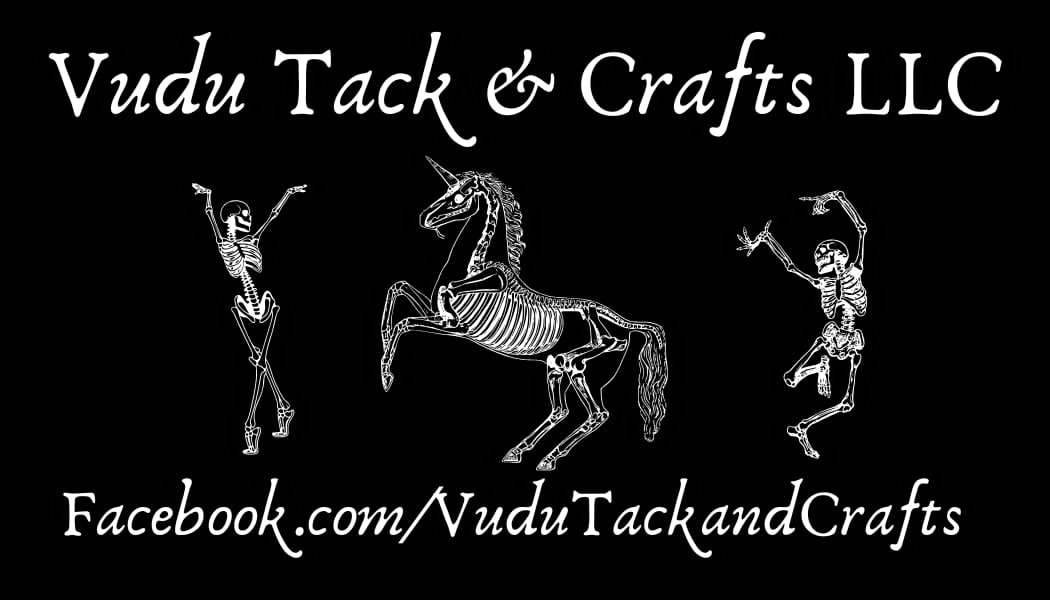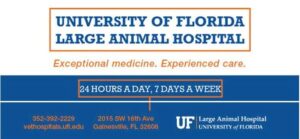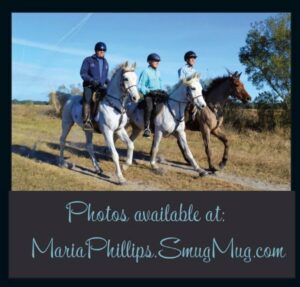Minnesota Distance Riders Association MnDRA have offered these tips!
Volunteering Do’s………
- Contact the ride manager ahead of time. Let them know you’re new and volunteering so you can learn about endurance. Also, let them know when you plan on being there and what your experience with horses and endurance is.
- Ask the ride manager what they need. They may or may not have an answer for you right away, but it’s a good thing to ask. It also reassures the ride manager you’re willing to work.
- Be patient with the ride manager. Rides can be stressful. Your positive, calm attitude will go a long way in helping the RM and other riders.
- Arrive early or even the evening before. The afternoon or evening prior to the first day of the ride starts with vetting in horses. The ride meeting is often held after dinner. Try to arrive at least an hour before the first departure time.
- Let people know you’re new and here to learn. They’ll help you and probably likely be understanding of why you don’t have things down quite yet.
- Check out the camping and crew setups. Each rider has their own preferred method of camping and setting up crew areas. Walk around the campground and observe. Take notes. Stop and talk to riders if you have questions.
- Ask questions. If you are scribing, tell the vet you are new and be sure to let them know if you need help finding where to mark the scores.
- Bring your own food, water, clothes, lawn chair, sunscreen, mosquito repellent, sun visor, etc. MnDRA rides traditionally have a potluck on Saturdays. Some RM’s provide all meals for volunteers so be sure to ask ahead of time. Wear comfortable and safe footwear.
- Bring a handful of pens and a clipboard. Pens grow legs and walk away – having your own will be very handy.
- Bring a stethoscope. If you have one and plan to be pulse-taker, it’s nice to have your own. RM’s will often bring extras as well. Be sure to put your name on it.
- Observe the vetting processes. Pay attention to horse and rider behavior for ideas on how to stay relaxed. Watch how horses are prepared for meeting pulse criteria.
- Read up on rules – This will both help you follow them as well as answer a question from a new rider
- Stay on the same side as the vet. Not only is this safer for you and the vet, but it’ll be easier to hear the vet’s scores as he announces them.
Volunteering Don’ts….
- Show up late or not show up at all. Volunteers make rides possible, so RM’s are counting on you. If something comes up, make sure you let the ride manager know that your plans have changed. You also don’t want a bad first impression. The endurance world is a small one.
- Argue with or criticize more experienced riders. You’re here to learn and can learn from everyone (including what you don’t want to do). Remember, you’re the newbie.
- Stress about not knowing how to do things. You’re here to learn. Let experienced riders know you need help and they’ll teach you.
- Take pulses as your very first job – Try to do something where you can learn about the routine and expectations of the ride under a less stressful post. But don’t avoid it in the long run as you can learn very valuable information and it’s a volunteer who can take quick and accurate pulses is a valuable thing!
- Try to talk to a rider while they’re pulsing down or in the vet check. This can be stressful and they’re focused on their horse, not polite conversation.
- Ask lots of questions when lots of riders are coming in. Get help if you need it, but there are better times for extra conversation and questions. Wait for the lulls.
- Take offense. Rides can be stressful to everyone. Do your best to be helpful. Everyone is glad you’re there, but sometimes people forget to be kind especially if they are tired, dirty, and dealing with issues that can occur.
- Judge rider character based on what you see. Just like the horses, people can act very different at a ride.
- Feel unappreciated. Without volunteers, rides would be impossible.
